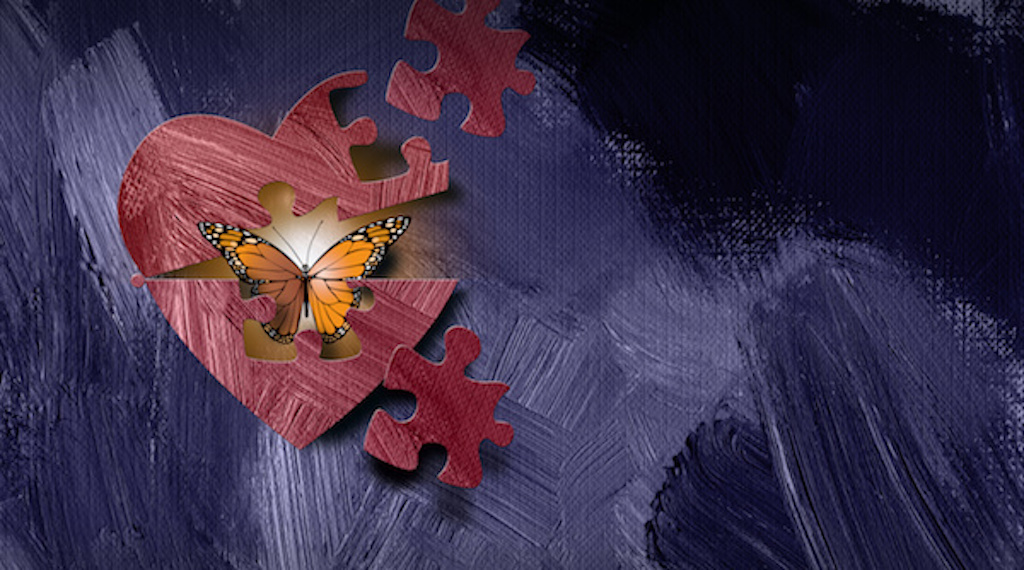She spent a lifetime waging war with the memory of her parents. Then Anya Yurchyshyn uncovered secrets that helped her broker peace.

By Anya Yurchyshyn
When my mother, Anita, died, I felt relieved. I was 32, and I’d had the same reaction when my father, George, passed away 16 years earlier. Their deaths—my mother’s from alcoholism, my father’s from a car accident in Ukraine—were ugly. And I welcomed them.
My parents were intellectuals whose careers allowed them to travel the world, but that’s not how I experienced them. My father was cold and verbally abusive; my mother failed to protect me from his rage, even when she was sober. Tenderness between them was in short supply—they barely seemed to like each other. I saw myself as a casualty of their abundant flaws: My low self-esteem was the result of my father’s violent temper; my anxiety, the product of my mother’s addiction.
But while cleaning out her filthy, cramped house, I found something that sent goose bumps across my limbs: a collection of fiery, vulnerable love letters my parents exchanged during their early courtship and marriage, when work separated them. My father had written, “Whenever I leave you…there is an emptiness inside me, a true aching of the heart.” In another, my mother rhapsodized, “Our love is wondrous; it has a life almost of its own.” I read their words in shock.
After that, I made it my mission to understand who they truly were. I crisscrossed America in my car to speak with family members in their kitchens. I met one of my mother’s old boyfriends in a Pennsylvania diner and my father’s coworkers in plush hotel bars.
